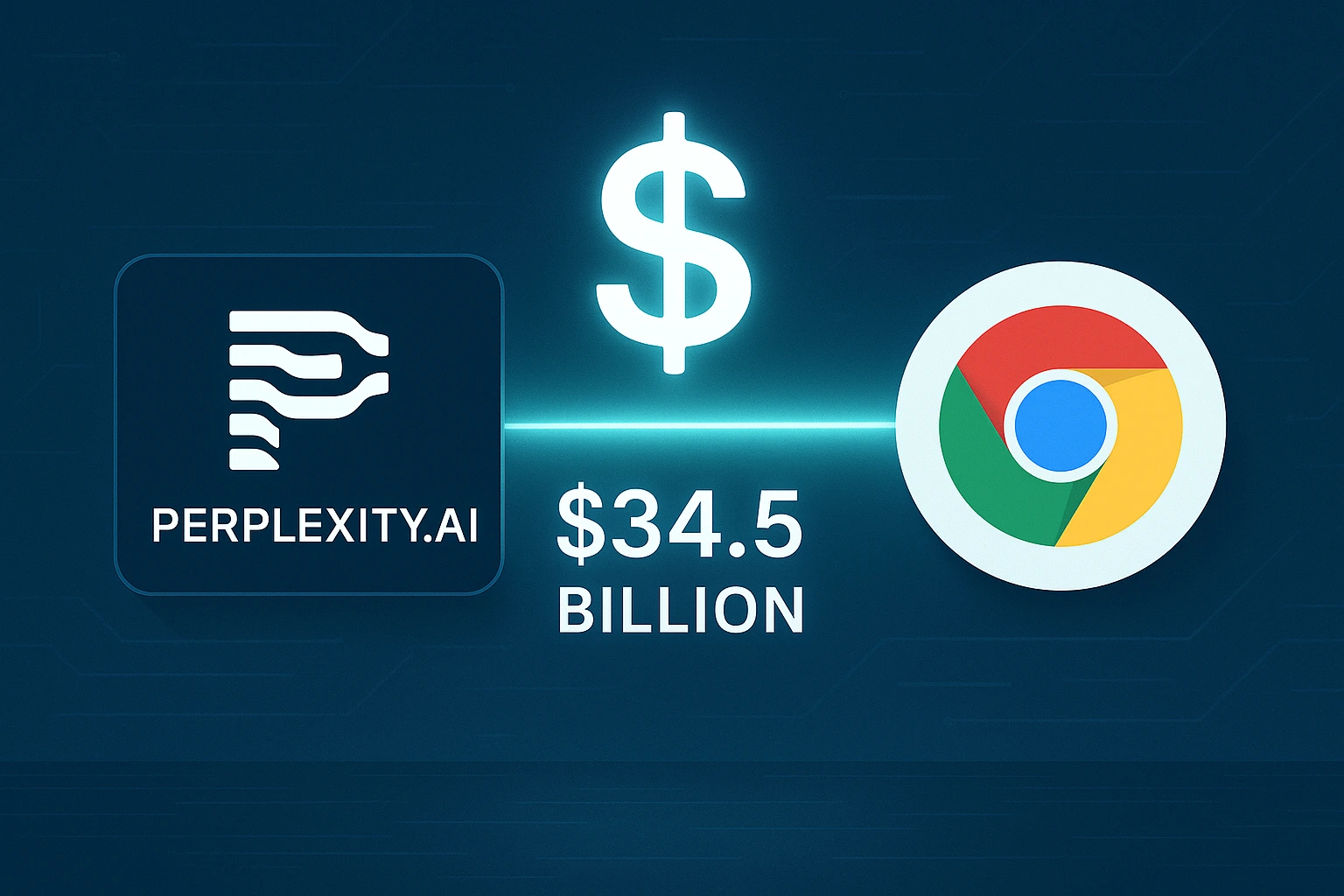Introduction: The Rise of AI and Automation in Finance
The use of AI automation is causing a significant revolution in the banking sector. Traditional financial operations are being revolutionized by automation and artificial intelligence in a variety of areas, including risk management, personal finance, banking, and investments. Financial organizations may improve decision-making, cut expenses, and increase efficiency by using AI-powered algorithms to analyze massive volumes of data in real time.
With banks, fintech businesses, and investment firms using machine learning, natural language processing (NLP), and robotic process automation (RPA) to optimize processes, the need for AI automation in the financial sector is expanding quickly. However, what specific ways is this technology influencing the financial industry? Let’s get started

How AI Is Transforming Banking and Financial Services
- AI-Powered Chatbots and Virtual Assistants
AI chatbots are increasingly widely used by banks to answer consumer questions, complete transactions, and offer tailored financial advice. These AI-powered solutions improve response times and lower customer service expenses by running around-the-clock. Amy from HSBC and Erica from Bank of America are two examples.
- Fraud Detection and Risk Assessment
By examining transaction trends, AI automation is essential in identifying fraudulent activity. Customers are shielded from cybercrime by machine learning algorithms that recognize unusual activity and highlight possible dangers. AI is used by big organizations like Mastercard and JPMorgan Chase to improve their fraud prevention tactics.
- Automated Underwriting and Loan Approvals
Conventional loan underwriting procedures are frequently laborious and subject to human prejudice. AI-powered tools evaluate creditworthiness using several data sources, which speeds up and improves the accuracy of loan applications. AI is used by fintech firms like Upstart and ZestFinance to evaluate credit risk in ways other than traditional credit scores.

The Role of Automation in Investment and Trading
- Robo-Advisors for Smart Investing
Robo-advisors with AI capabilities provide individualized investment plans according to user preferences, risk tolerance, and financial objectives. Everyone can now invest thanks to automated portfolio management offered by platforms like Betterment, Wealthfront, and Charles Schwab’s Intelligent Portfolios.
- High-Frequency Trading (HFT) and Algorithmic Trading
With little assistance from humans, AI-driven trading algorithms evaluate market movements, make deals in milliseconds, and optimize profits. AI automation is used by investment businesses and hedge funds to obtain a competitive advantage in the stock market.
- Predictive Analytics for Market Forecasting
In order to forecast future trends, AI models analyze market indicators and past data. This lowers risks in erratic markets by assisting traders and financial analysts in making well-informed judgments.

AI and Automation in Personal Finance Management
- Smart Budgeting Apps
AI is used by apps like Mint, YNAB (You Need a Budget), and PocketGuard to examine user spending patterns and offer personalized budgeting advice. Real-time financial information are provided to users, assisting them in making more informed financial decisions.
- Automated Expense Tracking
Platforms with AI capabilities automatically classify transactions, monitor spending, and provide spending insights. This makes financial planning easier for both people and companies.
- AI-Driven Financial Planning Tools
Personal finance tools powered by AI analyze income, expenses, and future goals to offer personalized financial plans. Users can attain long-term financial stability with the aid of these solutions.

Impact of AI on Credit Scoring and Loan Processing
- Enhanced Credit Risk Assessment
Limited financial history is the foundation of traditional credit scores. To give a more accurate risk profile, AI algorithms integrate data from other sources, such as online conduct, utility bill payments, and social media activity.
- Faster Loan Approvals
By doing away with handwritten documentation, AI automation expedites the loan approval procedure. Lenders evaluate applications in a matter of minutes using AI-powered underwriting, increasing credit accessibility.
- Fairer Lending Practices
AI promotes financial inclusion by providing fair loan conditions to people with non-traditional credit histories, hence reducing human bias in credit decision-making.
Regulatory Challenges and Ethical Concerns in AI-Driven Finance
- Data Privacy and Security Issues
Concerns around data breaches and privacy violations surface since AI automation depends on enormous volumes of user data. To protect consumer data, financial organizations must abide by laws including the CCPA, GDPR, and PCI DSS.
- Bias in AI Algorithms
The quality of AI models depends on the quality of the data they are trained on. AI-driven financial judgments may unintentionally discriminate against particular demographics if historical data contains biases. In order to use AI in an ethical manner, algorithmic prejudice must be addressed.
- Regulatory Compliance and Oversight
The development of AI is still being caught up to by governments and regulatory agencies. One of the industry’s biggest challenges is ensuring ethical AI use and compliance with financial rules.

The Future of AI and Automation in Finance
- AI-Powered Decentralized Finance (DeFi)
AI is being incorporated into blockchain-based DeFi platforms to improve investment, borrowing, and lending services without the need for middlemen.
- AI in Cryptocurrency and Blockchain
AI-powered solutions are enhancing smart contract automation, fraud detection, and cryptocurrency trading tactics, increasing the security and effectiveness of digital assets.
- The Role of Human Professionals in an AI-Driven World
Even if AI automation is transforming the financial industry, human skill is still crucial. AI will be used in conjunction with financial analysts, consultants, and compliance officers to guarantee accuracy and moral decision-making.
Conclusion: Embracing AI for a Smarter Financial Future
The finance sector is changing due to automation and artificial intelligence, which increases accessibility, security, and efficiency. Financial organizations and people need to keep up with the latest technological developments in order to stay ahead of the curve. AI automation will have a significant impact on how banking, investing, and personal finance develop in the future.
For further reading, check out authoritative resources on AI in finance:
- Harvard Business Review on AI in Finance
- World Economic Forum AI Reports
- Investopedia on AI in Banking
Businesses and consumers alike may confidently traverse the changing financial landscape by adopting AI-driven financial solutions. Finance will be intelligent, automated, and AI-powered in the future.







